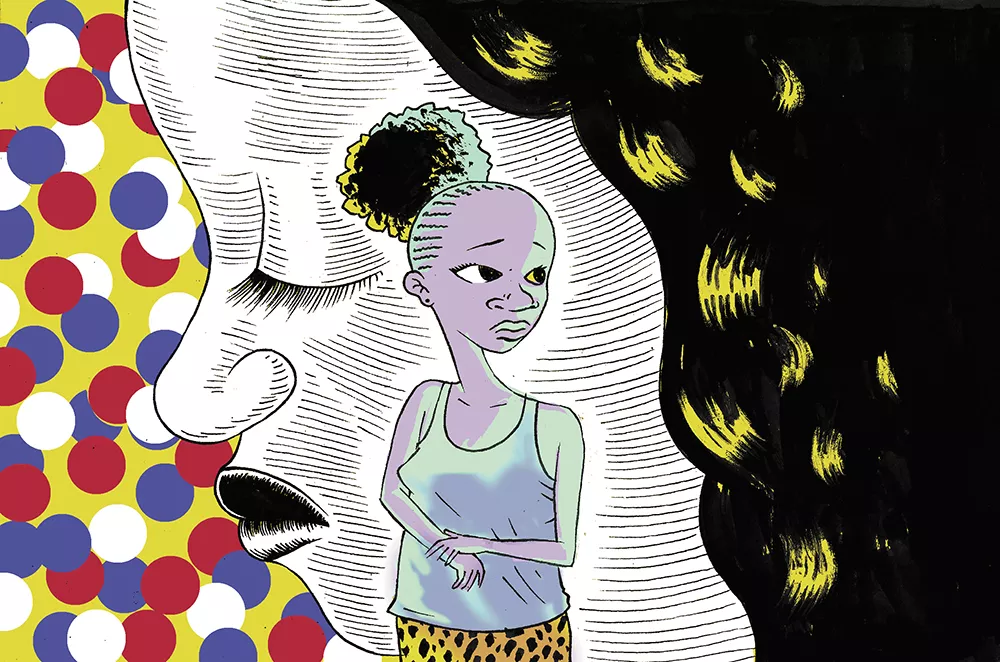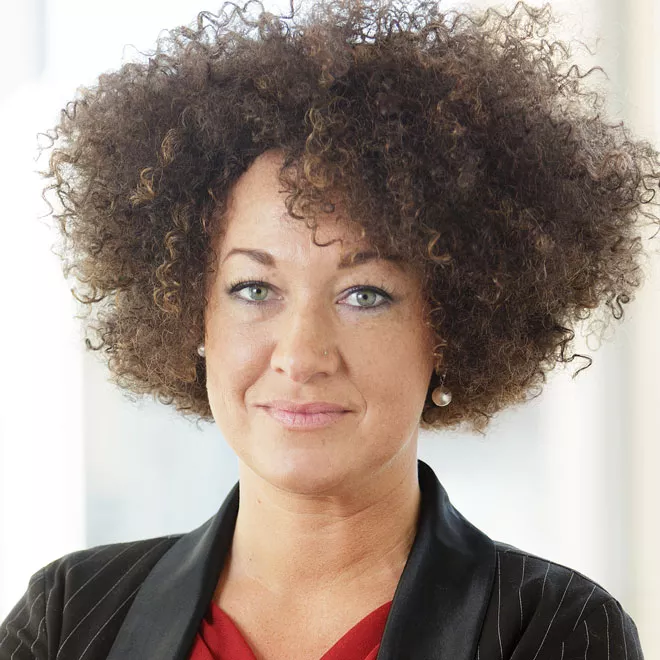From the moment black women arrived on the shores of North America, our foremothers fought in strong and strategic ways to realize emancipation and equity for themselves and the African American community as a whole. From the days of black feminists like Harriet Tubman, to the civil rights and Black Power movements, to modern black feminists like bell hooks and Janet Mock — we have been reliable and valuable to the struggle for freedom and equality at every turn.
So why is it that our lives have consistently been valued less, from the auction block in the 1700s to the media attention when we are kidnapped, assaulted or killed in 2015? Where is the reciprocity, acknowledgement and celebration of black women? We are up to our necks in holidays and monuments celebrating men, but where is the day that the nation takes pause to remember the birth or death of a black woman? We march, petition and live our lives in support and connection with the struggle of our brothers. We make and wear Trayvon hoodies, #BlackLivesMatter apparel and "I Can't Breathe" shirts, but who will memorialize us when we are gunned down by police, assaulted in our homes or killed in a crossfire? We remember the first and last names of our sons who have been killed — Trayvon Martin, Eric Garner, Michael Brown — but do we know the names of Ashley Yates, Alexis Templeton and Brittany Ferrell, who started the #BlackLivesMatter movement?
We must also memorialize our daughters and sisters cut down by violence. Aiyana Jones was 7 when she was shot and killed in by a Detroit police officer in 2010 while sleeping on her grandmother's couch. The case against the officer ultimately was dismissed. Where were the protests? Consider also Kathryn Johnston. At 92, she was shot and killed by Atlanta police who wrongfully suspected her house was a drug site, then planted marijuana after the shooting to cover up their crime. Among our sisters slain in their 20s: Shantel Davis, Shelly Frey, Tarika Wilson, Kendra James and Rekia Boyd. A partial roll call for the lost lives of ladies in their 30s would include Shereese Francis, Alesia Thomas, Tanisha Anderson, Malissa Williams and Miriam Carey. Most of these women died from bullet wounds, but Thomas expired after being kicked at least seven times in her abdomen and genitalia by an LAPD officer. Rekia Boyd was brutally killed at age 22 by a Chicago policeman's bullet to the back of her head.
While mainstream news media continues to highlight only a few stories, usually those of black men, we have a responsibility to give equal value to the injuries and deaths inflicted upon black women.
My dream is that the black family in America and globally will be liberated from external and internalized racism and sexism altogether. Black women stand at the intersection of both oppressions, and when our lives are measured, the weight of our legacy will attest that we are of equal value to black men, white men, white women and every other person on the planet. Black life matters. Black men's lives matter and black women's lives matter both collectively and individually, because all lives matter. ♦
Rachel Dolezal, formerly of the Human Rights Education Institute in Coeur d'Alene, is president of NAACP Spokane and teaches courses in art, Africana history and culture at area universities.


